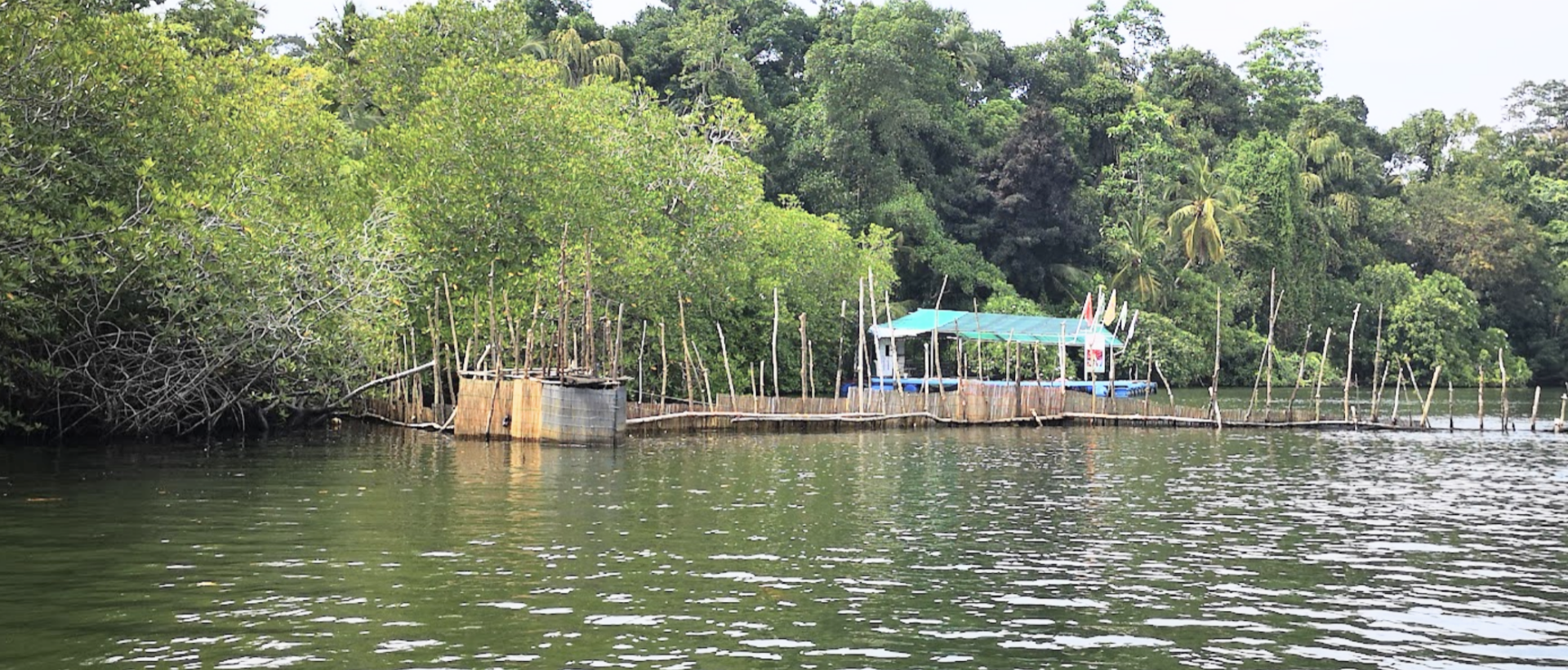
MOOC: Auditing Water Issues
2.5. National laws
National legal systems vary from country to country. In some countries, there may be a special ‘water law’ or ‘water act’ dealing with the ownership and the use of water, protection of water and water bodies, hydrography, water services, permissions and standards as well as administration, including competencies of authorities and proceedings to implement regulations and supervision matters. In other countries, all of the above-mentioned aspects may be regulated in various different legal acts. However, certain common legal instruments can be identified for the regulation of water issues. Module 3 provides a list of regulative instruments.
 THINKING EXERCISE
THINKING EXERCISE
If the Water Framework Directive is applicable in your country, find the relevant legal act that harmonizes the aims of the WFD in your country. Does it cover the area’s wastewater treatment, quality of bathing water and monitoring of water quality?
If the Water Framework Directive is not applicable in your country, get an overview of legal acts regulating water management in your country. Is there just one water act or several pieces of legislation?
 Tip for auditors
Tip for auditors
During the preliminary study you must get an overview of the laws regulating the field of interest. You may ask the following questions:
- Are the laws for regulating water management in place?
- Do the national laws comply with international laws and agreements?
Ownership of water
With regard to ownership, public and private waters must be distinguished. In general, streams, rivers, creeks and lakes as well as all waters which are not explicitly designated as private waters are regarded as public.
Public waters are designed, in particular, for the conservation of the ecological state of water, the protection of groundwater resources, retention and defence from floods and ice, maintenance of water bodies, construction and maintenance of waterworks and aquatic facilities and the recreation of the population.
Any use of water that exceeds public use in public waters requires authorization from the government. An authorization is also required if the use of private waters exceeds its domestic requirements and economic needs or if it can affect foreign rights or foreign waters.
For waters that form boundaries or cross-borders, special regulations or agreements are usually applicable.
 Tip for auditors
Tip for auditors
When you design the audit, you must think of the audit criteria which will form the basis for evaluation. Criteria can usually be found from laws, acts, or regulations, both national or international.
For example, the WFD stipulates that Member States shall identify, within each river basin district, all bodies of water used for the abstraction of water intended for human consumption providing more than 10 m3 a day on average or serving more than 50 persons.
This condition set in the WFD can serve as a criterion in an audit analysing freshwater bodies.
Below is an example of the use of WFD as a main source of criteria in an audit conducted by SAI Austria.
 AUDIT CASE: Implementation of the Water Framework Directive for Ground Water
AUDIT CASE: Implementation of the Water Framework Directive for Ground Water
SAI Austria audited the implementation of the Water Framework Directive for Ground Water in the Weinviertel of Lower Austria.
The audit focused on the actions taken by the federal and provincial authorities concerning the implementation of the Water Framework Directive with regards to groundwater in a sensitive region in Lower Austria.
|
Audit questions |
Source of criteria |
|
Is the national implementation of the WFD and the Nitrate Directive adequate to address the actual problems? |
European and national legal framework |
|
How is the state and quality of the groundwater, including the monitoring systems? |
Legal requirements, technical standards |
|
Input of pollutants, most of all agriculture? |
National environmental reports, reporting systems of local authorities |
|
Impacts on water supply and water charges in the region |
Calculation standards, recording of operational costs for water supply of local enterprises and associations |
|
Problems concerning nitrates, wells, water processing plants and linked costs and subsidies, including co-financed projects |
National environmental reports, reporting systems of local authorities, legal standards, good practice, comparison with different other comparable entities |
The audit concluded that the implementation of WFD was not sufficient. In 2013, the current status analysis revealed a deterioration of the groundwater situation as well as a significant and persistently increasing tendency with regard to nitrate pollution. The measures taken based on the Austrian National Water Management Plan did not suffice to bring about an improvement.
The drinking water utilities, which are partly public owned, incurred additional expenses due to the high levels of nitrate pollution in the groundwater. This situation had to be counteracted via treatment measures and/or the provision of drinking water from areas farther away. The provision with safe drinking water was guaranteed.


